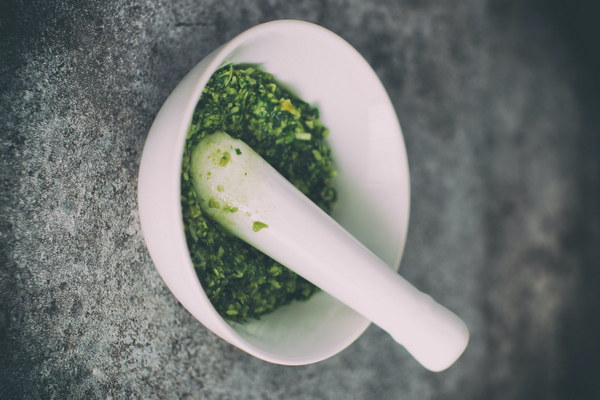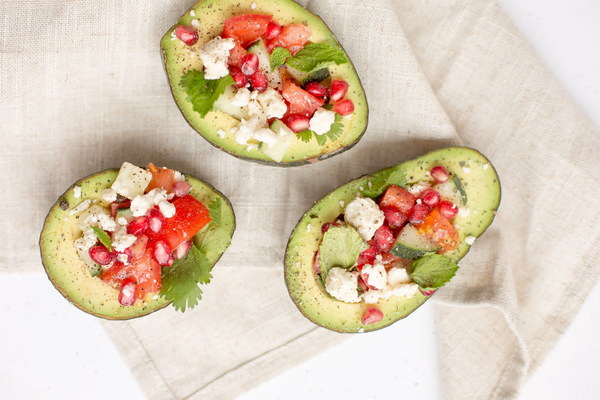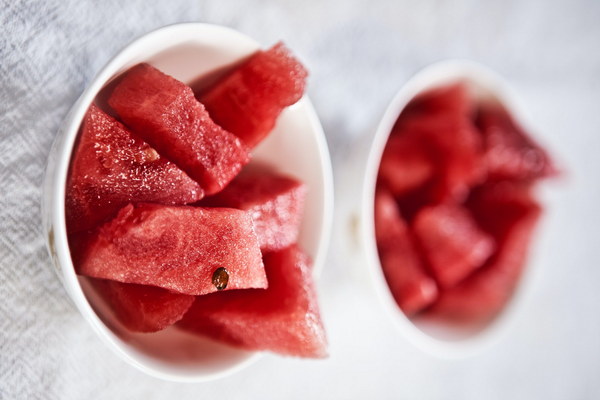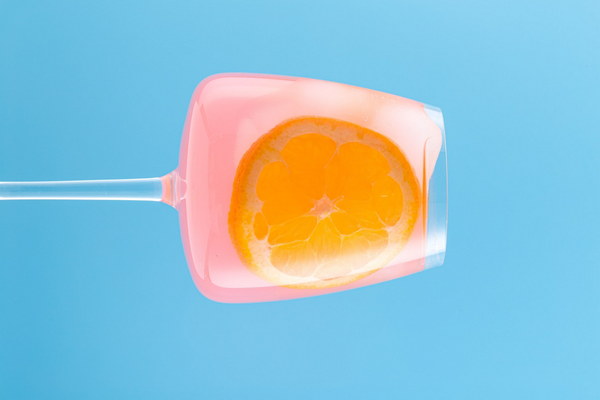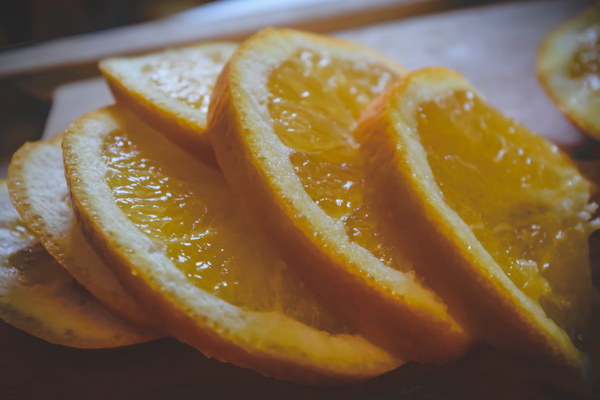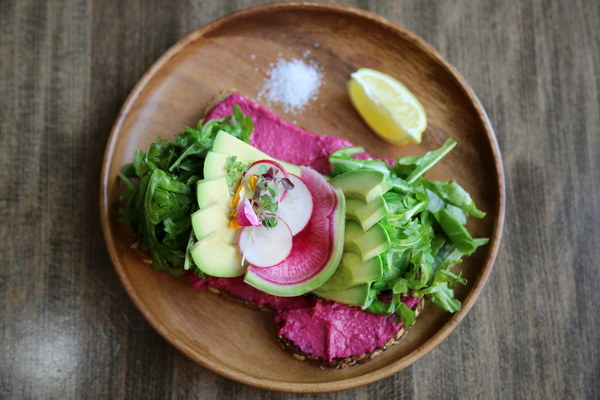Unveiling the Secrets of Traditional Chinese Medicine A Comprehensive Guide to Wuyu Treatment for Dampness
In the realm of Traditional Chinese Medicine (TCM), the concept of dampness is a prevalent health issue. Dampness, often described as a sticky, heavy sensation, can manifest in various ways, including fatigue, weight gain, and poor digestion. The treatment of dampness in TCM involves the use of herbal remedies to expel the dampness and restore balance to the body. One such effective herbal formula is Wuyu. Let's delve into the secrets of Wuyu treatment for dampness, exploring its ingredients, usage, and benefits.
Wuyu, also known as the Five-Flavor formula, is a well-known TCM herbal mixture designed to expel dampness and relieve other associated symptoms. The formula consists of five main herbs, each offering unique properties that work together to eliminate dampness and enhance overall well-being.
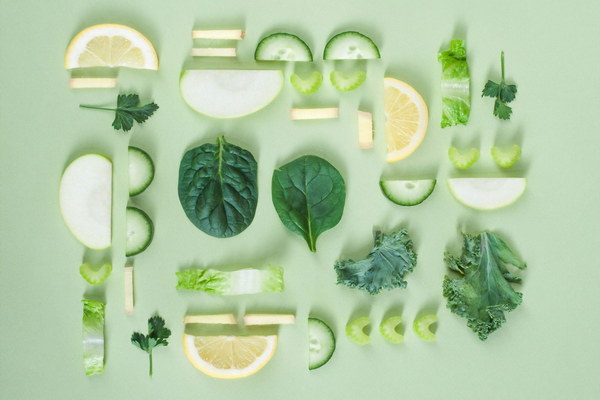
1. Atractylodes macrocephala (Cang Zhu): Atractylodes macrocephala is the primary herb in the Wuyu formula. It is known for its drying and astringent properties, which help to expel dampness and improve digestion. Additionally, it is believed to have a warming effect on the body, making it an effective herb for treating cold and dampness.
2. Alisma orientale (Ze Xie): Alisma orientale is another key herb in the formula. It is renowned for its diuretic properties, which help to eliminate dampness through urine. Furthermore, it is believed to have a cooling effect on the body, which can help alleviate symptoms of heat and dampness.
3. Poria cocos (Fu Ling): Poria cocos is a fungus that has been used in TCM for centuries. It is an excellent herb for expelling dampness and promoting fluid balance in the body. Additionally, it is believed to have a calming effect on the mind, making it useful for treating stress and anxiety related to dampness.
4. Pinellia ternata (Ban Xia): Pinellia ternata is a potent herb that helps to break up phlegm and relieve dampness. It is particularly effective for treating dampness accompanied by coughs, phlegm, and stomachache. Furthermore, it is believed to have a warming effect, which can help alleviate cold and dampness.
5. Licorice root (Gan Cao): Licorice root serves as a harmonizing agent in the Wuyu formula. It helps to balance the properties of the other herbs and ensure that the formula is safe and effective for a wide range of patients.
To use Wuyu, you can prepare it as a decoction by boiling the herbs in water. The typical dosage for an adult is about 9-15 grams of each herb, but it's important to consult a qualified TCM practitioner before starting any herbal treatment.
The benefits of Wuyu treatment for dampness include:
1. Improved digestion: Wuyu helps to break down food and promote the absorption of nutrients, thus improving digestion.
2. Weight loss: By expelling dampness, Wuyu can help reduce water retention and promote weight loss.
3. Increased energy levels: Eliminating dampness can boost energy levels, as the body becomes less burdened by the heavy, sticky sensation.
4. Better mood: Wuyu has a calming effect on the mind, which can help alleviate stress, anxiety, and mood swings related to dampness.
5. Improved skin health: Dampness can lead to skin issues, such as eczema and psoriasis. Wuyu can help improve skin health by expelling dampness and balancing the body's internal environment.
In conclusion, Wuyu is an effective herbal formula for treating dampness in Traditional Chinese Medicine. Its unique blend of herbs works together to expel dampness, improve digestion, and enhance overall well-being. If you suspect that dampness is affecting your health, consider consulting a TCM practitioner to learn more about Wuyu and its benefits.
